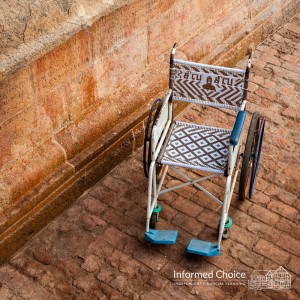 A rising life expectancy has been changing the nature of retirement, but with rising retirement ages we often overlook the importance of healthy life expectancy.
A rising life expectancy has been changing the nature of retirement, but with rising retirement ages we often overlook the importance of healthy life expectancy.
According to the TUC, new life expectancy figures reveal the danger of hiking up the state pension age, something we previously talked about here.
They refer to the latest ONS statistics on healthy life expectancy.
Healthy life expectancy refers to the proportion of life spent in “good” health.
The ONS figures revealed a stark difference in healthy life expectancy across different parts of the UK.
According to TUC General Secretary Frances O’Grady:
“Given the vast differences in healthy life expectancy between rich and poor, hiking up the State Pension Age risks entrenching inequalities.
“Many older people want to carry on working. But for others this is impossible.
“We need a state pension that works for all.”
The new healthy life expectancy figures were published around a week after the announcement that former CBI Director General John Cridland would lead a review of the state pension.
There is speculation the government review could result in an even higher state pension age as high as 75.
We might even see the end of the “universal” state pension, with it instead based on occupation and region.
According to the latest ONS data, in 2012 to 2014, males at birth in England could expect to spend a higher proportion (79.7%) of their remaining lives in “good” health, compared with females (76.9%).
This is consistent with what we know about men and women when it comes to healthy life expectancy and life expectancy; men tend to live shorter lives than women, but women tend to be less healthy than men.
On the basis of mortality and health status rates in 2012 to 2014, a boy born in England could expect to live on average for 79.5 years, of which they could expect to spend 63.4 years in “Good” health.
Whilst for a girl, life expectancy was 83.2 years, of which they could expect to spend 64.0 years in “Good” health.
This is important because retirement is about more than simply money.
Understanding how much time in retirement you are likely to spend in good health and when you might need long-term care is an essential part of retirement planning.
With the state pension age being equalised to 66 for men and women, it already begins at a time when, on average, men and women are expected to no longer be in good health.
As life expectancy continues to rise, healthy life expectancy appears to be failing to keep pace with these increases and could mean more people are spending a life in retirement in poor health.

